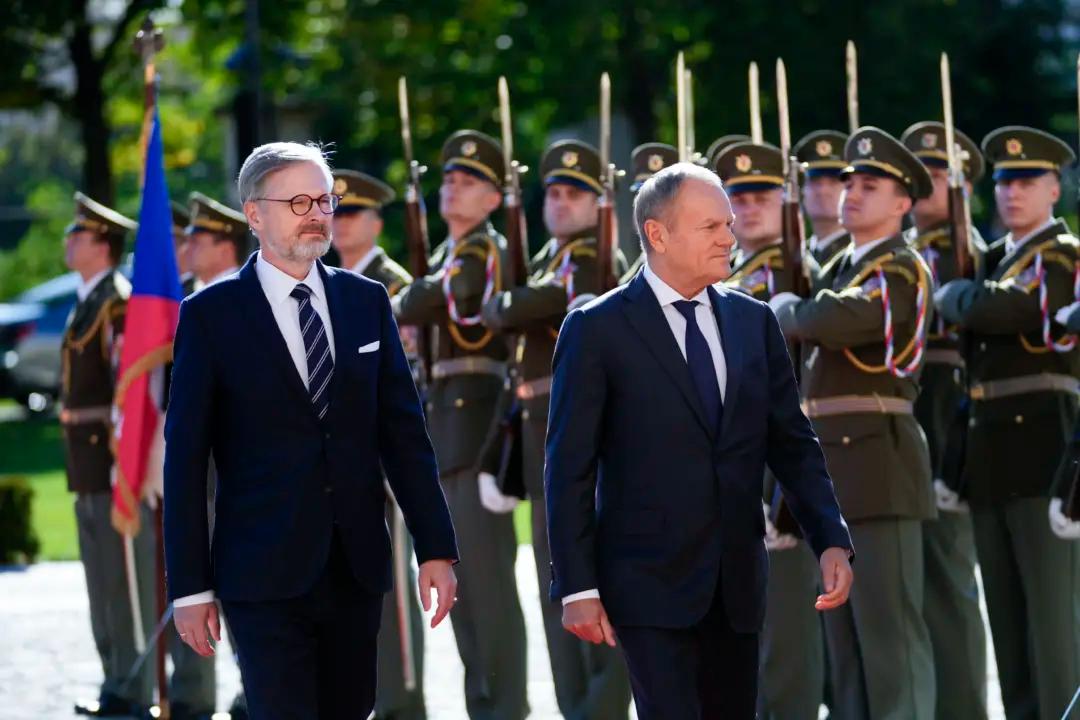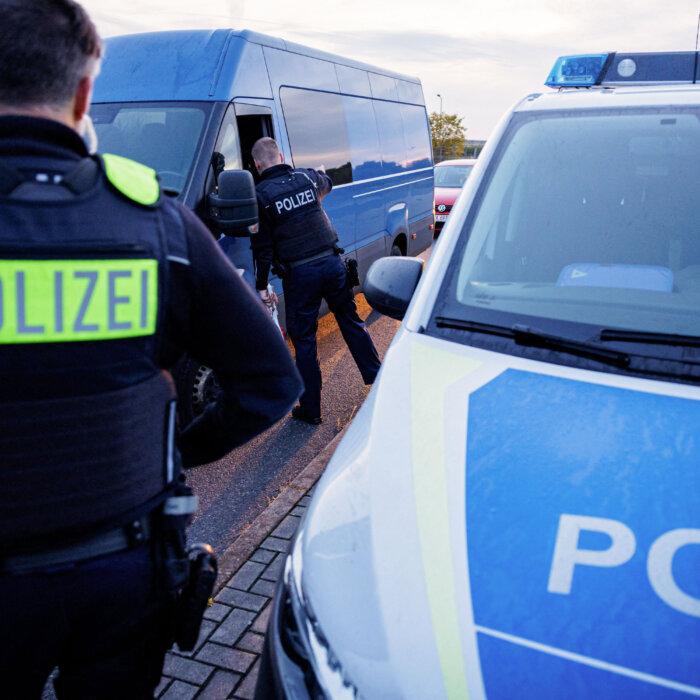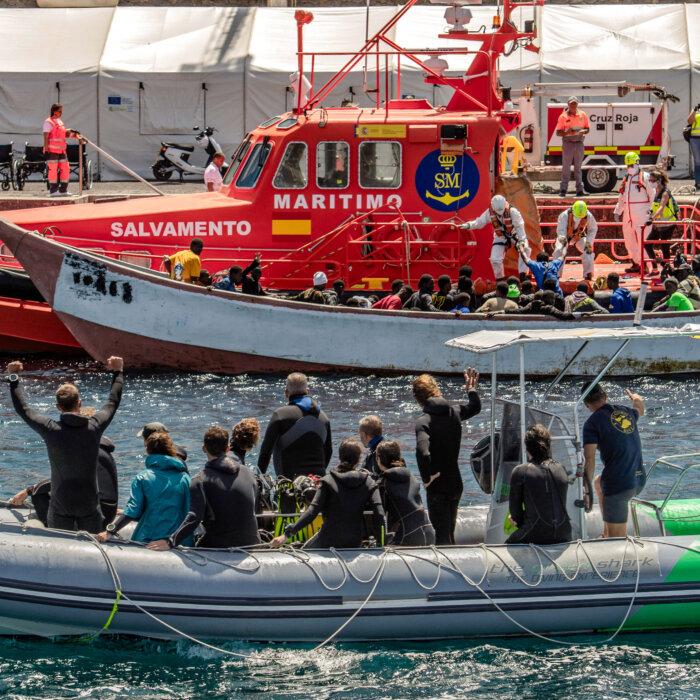The prime ministers of the Czech Republic and Poland jointly said on Oct. 9 that the European Union has to do more to tackle illegal migration and condemned the practice of renewing border checks between the 27 member states.
“We have agreed that it’s necessary to do more,” Czech Prime Minister Petr Fiala said after meeting with Polish Prime Minister Donald Tusk and other members of his government in Prague.
Fiala said that sweeping reforms to the bloc’s asylum system endorsed by EU nations in May are “insufficient” and need to be stricter.
Hungary and Poland, which have long opposed any obligation for countries to host illegal migrants or pay for their care, voted against the package but were unable to block it.
The Czech Republic abstained from the vote.
“We also have a negative view of the reestablishing of long-term border checks at the inside borders of the European Union,” Fiala said.
Tusk echoed those sentiments, saying, “The task for the EU is to protect its outside borders and to minimize illegal migration rather than create internal borders or seek mechanisms for relocating groups of illegal migrants back and forth within Europe.”
Tusk, whose country is taking over the EU’s rotating presidency in January, said that he would present his long-term plan to deal with migration on the EU level on Oct. 12.
The Polish premier specifically mentioned migration pressures on the Poland–Belarus border, for which he blames authoritarian Belarusian President Aleksander Lukashenko and Russian President Vladimir Putin.
Tusk said that “thousands of Polish soldiers, police officers, and border guards are engaged in fighting” every day on the border, where the situation resembles a “wartime landscape.”
Illegal immigration dominated the European Parliament election in June and influenced recent state elections in eastern Germany, where the anti-immigration party Alternative for Germany won for the first time.
Germany announced last month that it was expanding border controls around the country following a spate of recent extremist attacks perpetrated by illegal migrants and asylum seekers.
Berlin also recently recommenced deportation flights to Afghanistan after an outcry over the stabbing attacks.
As of Sept. 16, Germany set up border controls at its land borders with France, Luxembourg, the Netherlands, Belgium, and Denmark.
“We are strengthening our internal security through concrete action, and we are continuing our tough stance against irregular migration,” German Interior Minister Nancy Faeser said at the time.
Under the European Union’s rules, countries in the Schengen area—which includes all EU countries except Cyprus and Ireland—are allowed to introduce border checks only as a last resort to avert threats to internal security or public policy.
In October 2023, Germany announced temporary border controls with Poland, the Czech Republic, and Switzerland to combat smuggling more effectively and to limit illegal immigration.
This has caused a rift between Berlin and Warsaw, with Tusk cancelling a trip to Germany last month when he was scheduled to pick up an award in Potsdam.
Warsaw–Berlin relations had been warming since Tusk and his pro-EU coalition took power in December 2023, but German reluctance to commit to joint financing for the European Union’s defense, and its strengthening of its eastern border, have caused frustration in Poland.
Poland, by virtue of its location on the eastern frontier of the bloc, has been facing a migration crisis since 2021, which it claims is being masterminded by Belarus and Russia.
In September, Tusk said that Poland didn’t require tighter controls on its western border with Germany but rather more engagement from Berlin and others in securing the external border of the EU.







